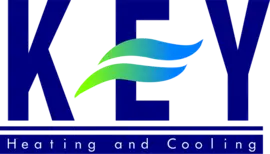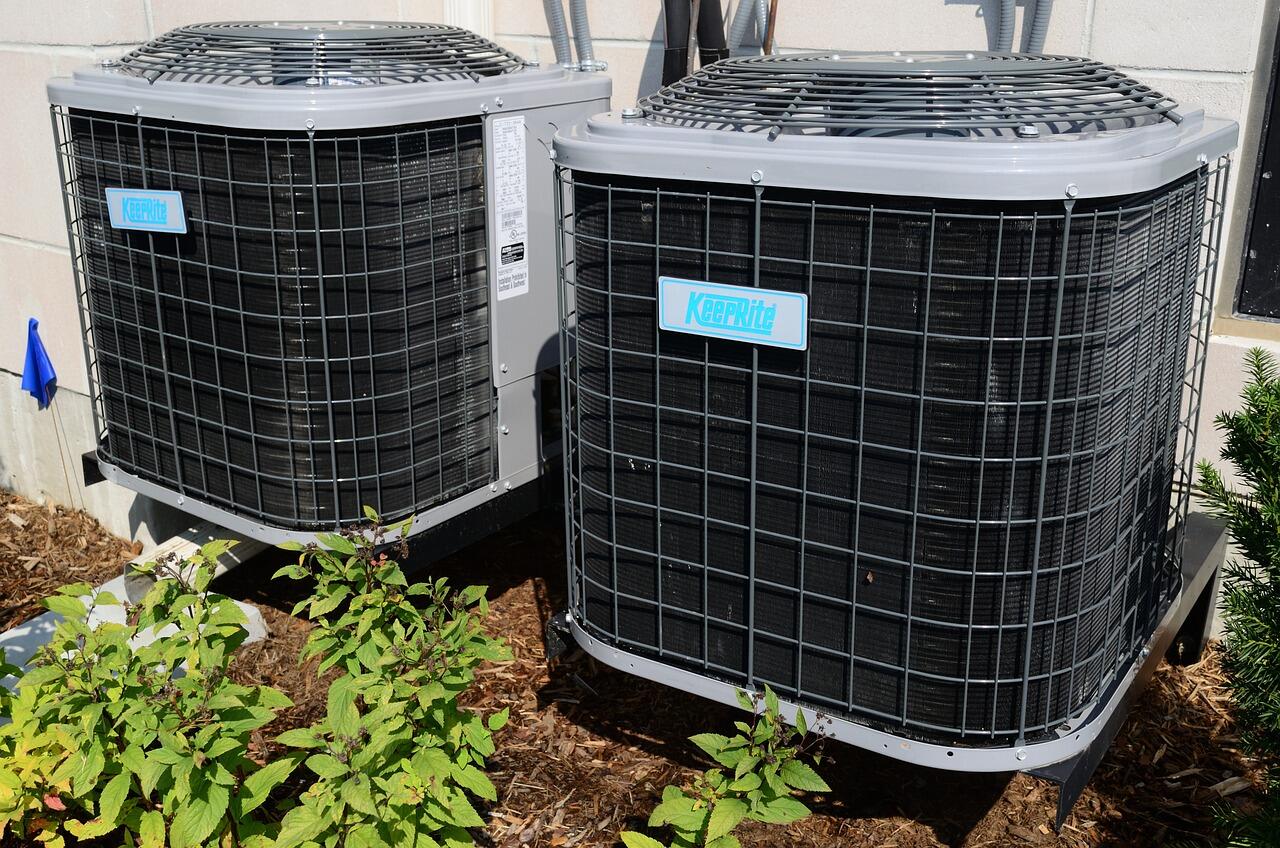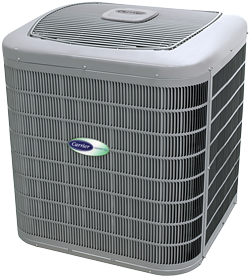Hurricane season lasts approximately half the year — from June 1 to November 30. Most of these hurricanes hit during August or September.
Almost half the hurricanes that have hit the US since the 1800s have landed in Florida. Keeping your home intact during a hurricane requires more than boarding windows. There are preventive HVAC measures to account for.
HVAC safety is vital for Quincy, FL residents given the frequency of these storms. You must protect your air conditioning unit to ensure it keeps working in the aftermath.
Below is a step-by-step guide to what you should do to keep your HVAC system safe during a hurricane. Curious — continue reading to learn more.
HVAC Safety: Protecting Your Air Conditioner
Protecting your air conditioner is a threefold effort. There are things you should do before the storm, during, and in the protective aftermath. Don’t underestimate the damage a hurricane can do to your HVAC unit.
Before the Hurricane
The first of your protective HVAC measures is to secure the outdoor unit. “Outdoor unit,” in this case, includes air conditioners and heat pumps.
Attach your cooling unit to the concrete pad with hurricane straps or brackets. The goal is to keep it from being lifted away by heavy winds.
This may sound dramatic, but the fastest recorded hurricane speeds clock in at 253 miles per hour from Cyclone Olivia in 1996 on Barrow Island, Australia.
Trim Branches
Your second act should be to trim branches and trees near the outdoor unit. You don’t want branches crashing into your AC during the storm.
Cover and Cut Power
Afterward, cover the unit with a waterproof tarp or specialized HVAC cover. The cover serves as secondary protection from debris and heavy rain.
Don’t forget to shut off the power at the circuit breaker. This will help protect the HVAC unit from electrical damage via power surges or flooding.
Elevate and Secure Indoor Components
If your yard tends to flood, you should consider lifting the unit onto a platform or bricks to prevent water damage. Make sure to shut off the breakers to the internal HVAC components.
This includes air handlers and furnaces. You should remove valuable items from nearby vents and openings so nothing falls in.
During the Hurricane
If you’re staying at home, do not turn your HVAC system back on. Do not return home to turn it on if you’ve evacuated. Keep the system off to protect it from power fluctuations and surges.
Keep yourself informed on the weather and evacuation notices. If evacuation is recommended, then it’s strongly advised that you abide by the authorities’ advice. Secure your home as best as possible, and leave.
After the Hurricane
Once the hurricane is over and it’s safe to return home or go outside, you should assess the damage. Look at whether there’s flooding, debris damage, or displacement. Displacement, meaning if anything is out of place.
Schedule a Professional Inspection
Calling for a professional inspection is probably the most important step. You may be unable to tell what’s wrong with your AC through a cursory inspection.
Keep your HVAC system shut down before calling your local technician. They can inspect refrigerant levels, electrical components, and general functionality. Do not try to repair electrical components yourself.
Restore Power Safely
You can restore power once the technician tells you your HVAC unit is okay. We cannot stress this enough — do not switch the power on until you’ve been told it’s safe.
Why Are Preventative HVAC Measures Important?
We’ve already established hurricane winds that can knock debris into your outdoor unit and yank the AC from the ground. We’ve talked about electrical issues too, although not in detail, we’ll do it now.
There are two ways electrical damage may occur: a power outage or a power surge. What a power outage is is obvious, when the power goes out during a storm.
A power surge is when electricity courses powerfully through your devices. These surges often happen when your electricity switches back on after a storm.
We’ve listed measures that can protect you from surges and outages. But what can happen if you don’t take your home HVAC safety seriously?
Compressor and Factory Resetting Issues
One issue your AC unit may suffer is compressor failure. The compressor pumps refrigerant through your HVAC system.
Your AC will overheat and suffer compromised performance if it’s still running during an outage or suffers a power surge. Electrical issues can also reset your air conditioner to its factory settings.
Modern air conditioners are computerized and resetting your AC to preferred settings can be a hassle. Your unit’s manual should have instructions on how to set it up, but it might be best to leave this to a professional.
Cooling and Fan Issues
A surge or outage can disturb your HVAC unit’s three-stage cooling function, interrupting a step in the process. Air conditioners are often able to sort the issue themselves within 24 hours.
If your HVAC system is still not working after a day, call the professionals to diagnose the problem. Electrical issues can damage your blower and variable-speed motors.
The blower motor blows air through the AC. The variable-speed motor controls what speed your air conditioner runs. The latter helps conserve power and keeps it from running faster than needed.
A power surge or outage can compromise these fans’ functionality or outright destroy them. At best, your AC’s efficiency is reduced, at worst, your HVAC cooling system won’t work.
The average homeowner is not advised to handle motor repairs themselves. Contact a professional to repair or replace your fan motors.
Call the Pros When Prevention Isn’t Enough
HVAC safety is vital in the wake of a hurricane. You should protect your AC unit before the storm and have it inspected after.
Regardless of what happens after the hurricane, we’ve got you covered. Key Heating & Cooling has offered HVAC services to Florida residents for over 40 years.
Our professional team repairs and maintains HVAC units. We also offer air quality services throughout Quincy and the surrounding areas. Contact us to fix your post-hurricane issues or to discuss financing for our services.



